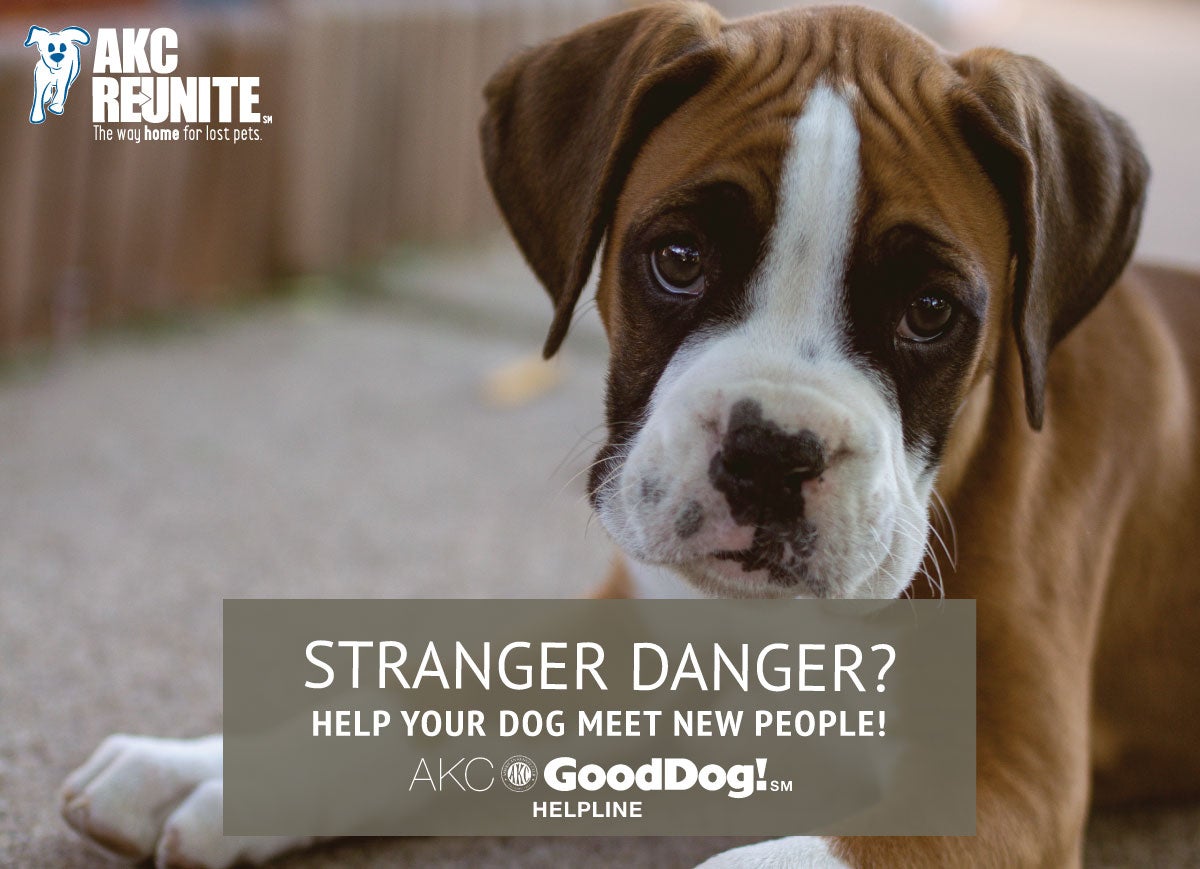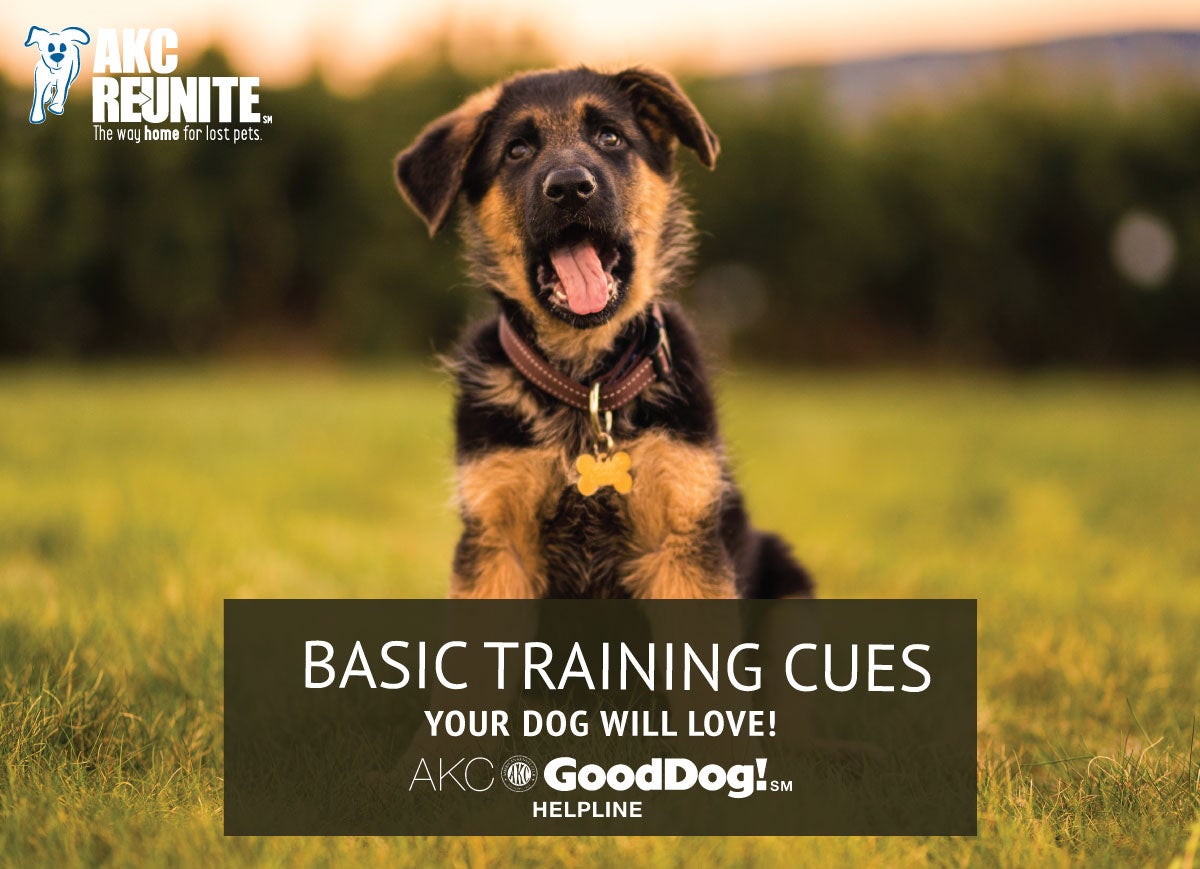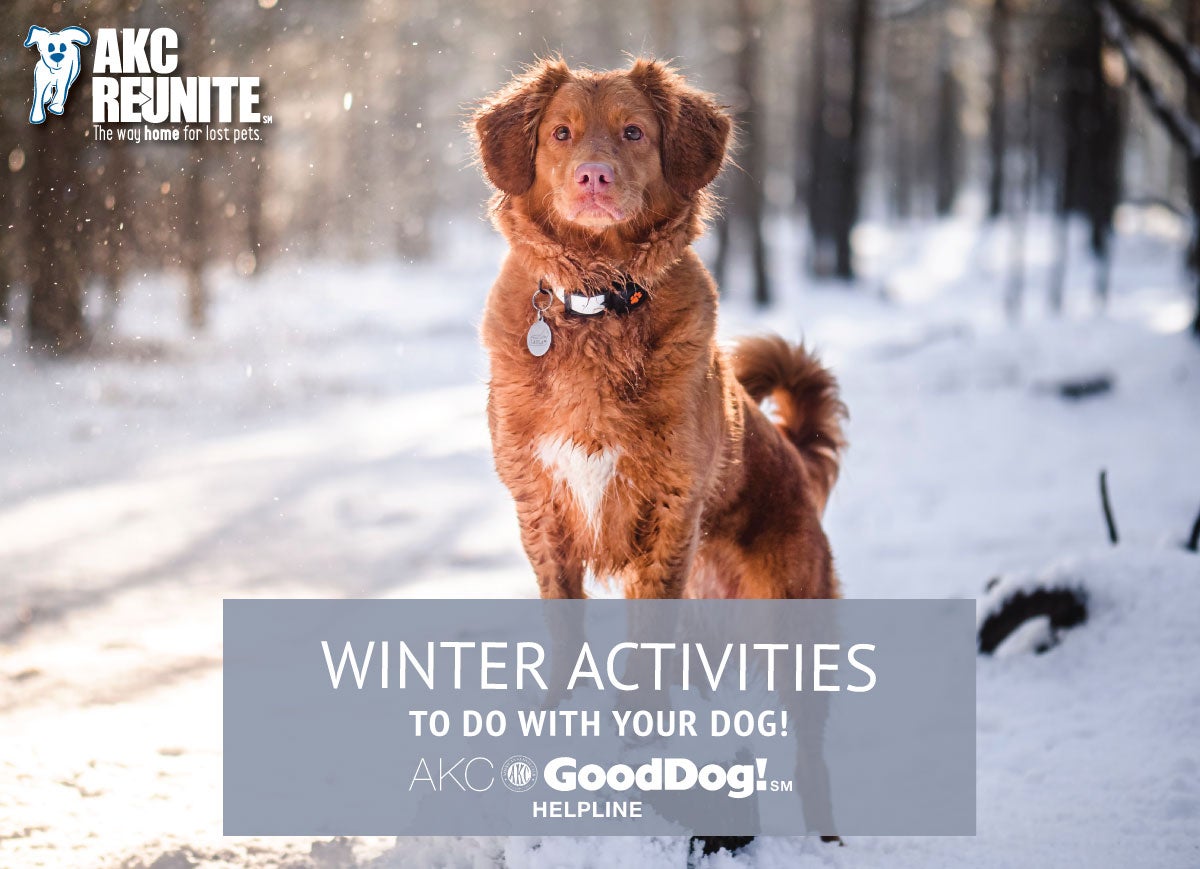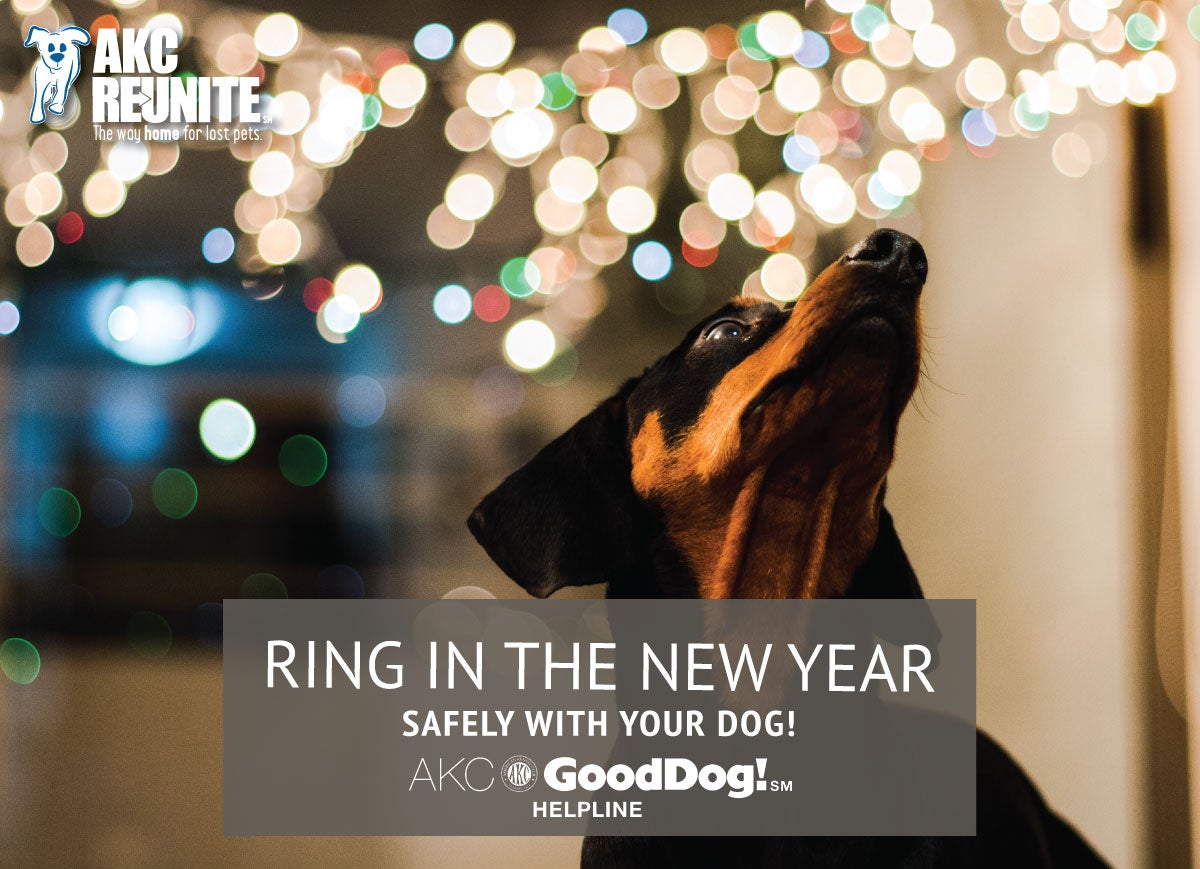Stranger Danger? Help your Dog Handle Meeting New People!
Brought to you by the AKC GoodDog! Helpline – the AKC’s 7-day-a-week training support service
Whether your dog is a social butterfly or an introvert, meeting new people can be challenging. Extroverted dogs want to greet and be greeted by new guests and may jump on them, but that isn’t always appreciated. You can teach your dog that jumping up on people won’t get the desired result.
However, not all dogs are extroverts and reserved pups would rather not meet anybody new. You may not be able to transform your shy dog into an outgoing dog, but there are things you can do to make encounters less stressful. A few tips to get started:
- Never force your dog to get closer to someone or something than he wants to be.
- Do not hold the dog so that a stranger can pet her.
- Figure out what distance is too close and don’t cross that threshold.
- Pair “scary” things with high value treats – tiny pieces of meat, cheese, or chicken, for example. This will help to build happy associations with new people and things.
- Before a new person gets close, get your dog’s attention and reward generously for it. Consistency with this will teach your dog that the approach of a stranger equals good things. Having the dog simply ignoring the person is the goal in this scenario.
Helping a fearful dog feel comfortable around strangers can take a very long time, and the goal should simply be having the dog feel okay about being near other people – not necessarily interacting with them. So, until your dog is more confident, manage social situations so that she isn’t forced into a scary situation that can cause a setback in training.
When visitors come to your home, consider using a crate. Before guests arrive, make it comfortable, with a special treat or chew toy and put it in a secluded part of the house. Your dog will have a safe place to hang out away from the hubbub.
Things your guests can do to alleviate “stranger danger”:
- Direct eye contact is seen as threatening by dogs. Have guests look over the dog’s head or, better yet, completely ignore the dog.
- Have a new person drop treats on the floor for your dog.
- Let the dog make the first move. When truly ignored for a while, many dogs will get curious. Even then, guests should play “hard to get.”
If your dog missed out on socialization during puppyhood, don’t worry. It will still be a great help to provide an adult dog with the same kinds of new experiences. With holidays approaching, now is the time to start training that will help your dog enjoy the time of year along with you.
For more tips and advice on training your dog, join the AKC GoodDog! Helpline, a seven-day-a-week telephone support service staffed by experienced dog trainers: www.akcgooddoghelpline.org.
RELATED POSTS
Basic Training Cues Your Dog Will Love
A good relationship with your puppy doesn’t just happen overnight, but it’s easy to build one with simple cues and positive reinforcement training!
Winter Activities to do with your Dog!
Unless you live in a year-round mild climate, you and your dog can get stir-crazy during cold, snowy, or wet winter weather conditions. That's why we've compiled a list of winter activities you can do with your best friend!
Ring in a Happy and Safe New Year with your Dog
Start the new year off with a celebration and some resolutions that will make the party — and the coming year — safe for your dog!






